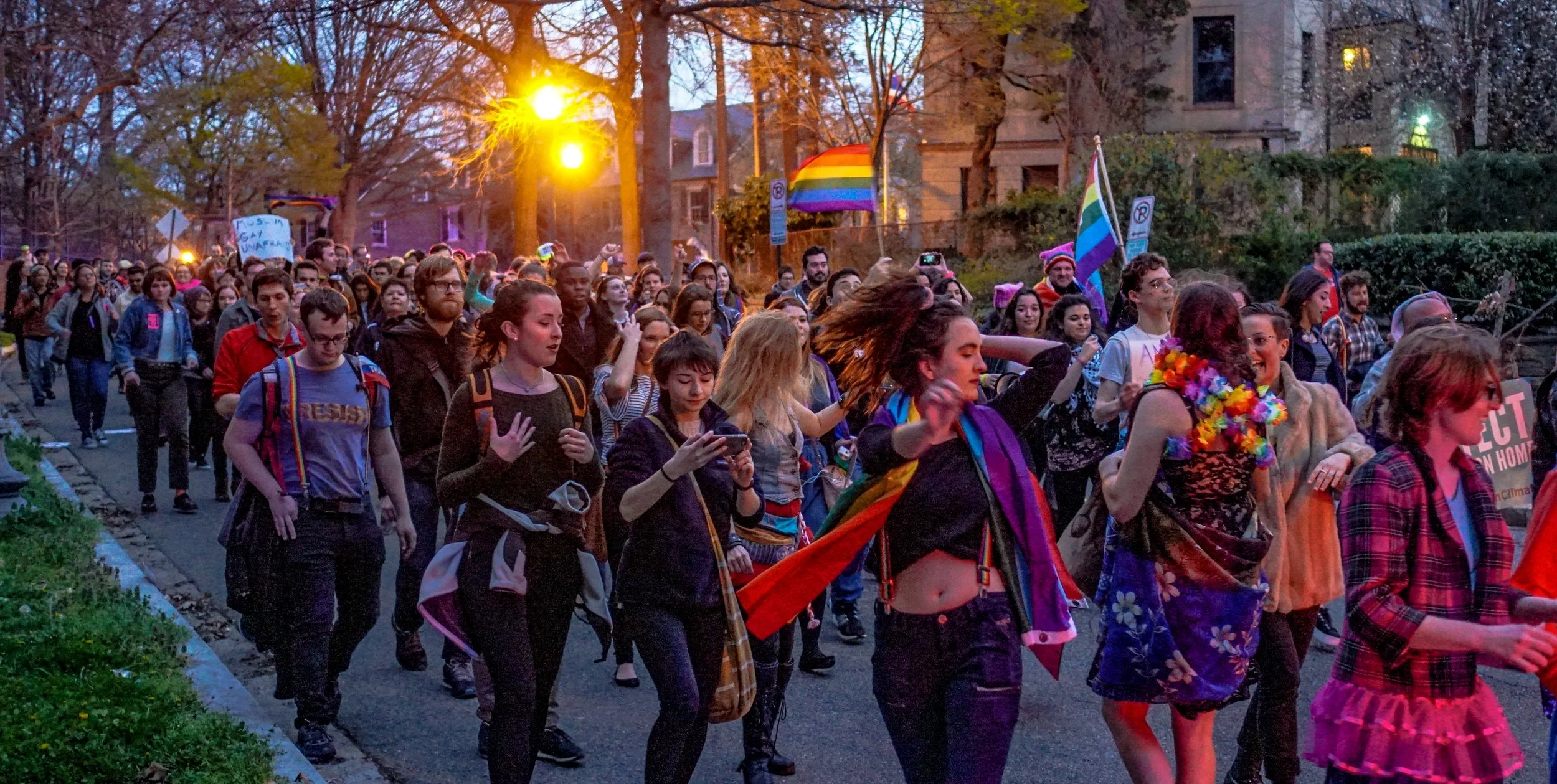How Are Queer Folx Affected by the Life Course Perspective?
Queer folx build community and create linked lives around shared experiences like eating/sharing a meal together. Therefore, several hypotheses can be formulated through the lens of the life course perspective. My first hypothesis (H1) considers timing and cultural context; here I posit that the timing of life course transitions related to the formation and evolution of queer communities around sharing food, will vary across different cultural contexts (related to race, nationality, ethnicity, etc). Drawing on the principle of timing emphasized in Chatters, Crosnoe, Ermers, and Gilligan, the hypothesis suggests that the timing of forming bonds around food may be influenced by the broader cultural climate and acceptance of sexual orientation. For instance, Dewaele's observation of significant changes in the cultural acceptance of sexual orientation over the last few decades indicates that different generations of queer folx have distinct experiences in forming communities that are different from younger generations. My second hypothesis (H2) considers both interdependence as a social necessity and friendship as a crucial identity formation mechanism that builds and maintains linked lives within the queer community. I suggest that this act of community building is influenced by the interdependence principle and the mechanisms through which friendships concatenate through both social structure and behavior. The hypothesis also posits that the development of linked lives within the gay community is also tied to social constraints since even friendships can be influenced by negative social structures. Furthermore, the quality and strength of friendships would be expected to impact the construction and sustenance of linked lives, food-sharing-as-community-building within the gay community being a very particular way this occurs. Lastly, my third hypothesis (H3) considers the cohort and suggests that the experiences of gay individuals in building linked lives varies across cohorts due to cultural shifts across generations. As acknowledged in Dewaele's observation of dramatic changes in cultural climate over the last decades, the hypothesis posits that individuals from different cohorts (generations) within the gay community have distinct experiences in forming linked lives; and I posit that sharing meals with those in their community, could be a way of disentangling age and cohort effects, leading to a robust understanding of intergenerational relationships.
